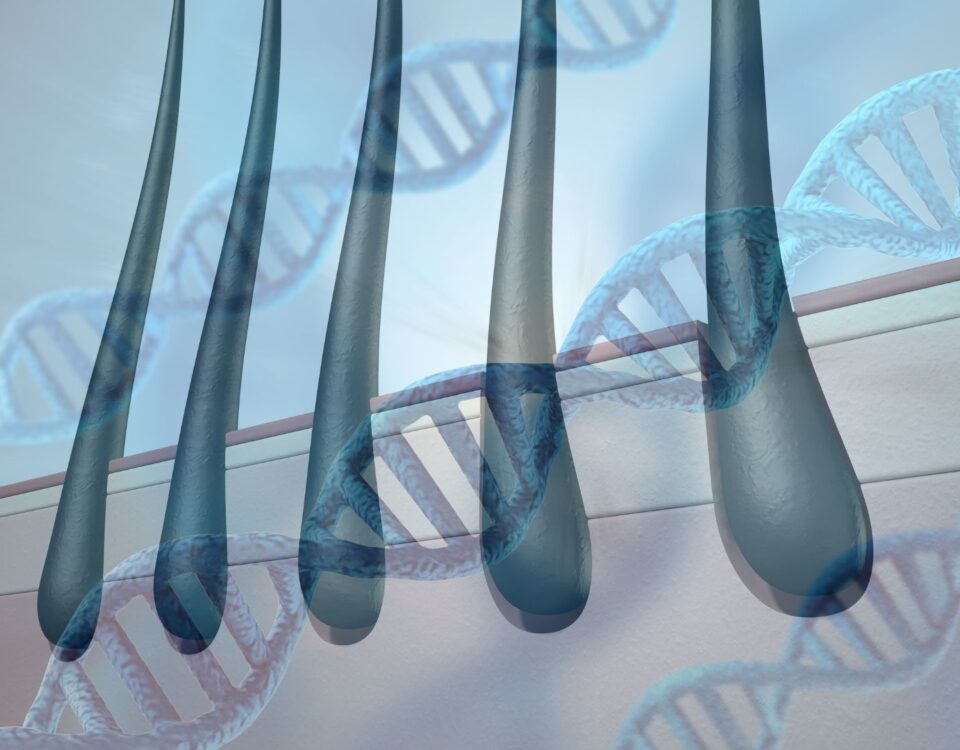
Can stress cause hair loss?
January 15, 2024
Hair Loss Prevention: Uncovering the Truth and Dispelling Myths
January 15, 2024This article looks into recent hair loss research, providing insights into the causes, prevention, and potential remedies of this widespread concern.
It’s a universal truth – we all care about our hair. From the latest hair trends to the fear of hair loss, our tresses are a significant part of our identity. But what happens when those strands start to thin or disappear? The answer lies in the science behind hair loss.
Understanding Hair Loss: The Basics
Hair loss, known scientifically as alopecia, affects millions of people worldwide. While it’s more common in older adults, it can occur at any age. Hair loss is typically characterised by hair thinning, bald patches, or complete baldness. Recent studies suggest that hair loss is primarily caused by a combination of genetics, hormonal changes, and age. Other factors like stress, poor nutrition, and certain medical conditions can also contribute to hair loss.
The Genetics of Hair Loss
Genetics plays a crucial role in determining whether you’ll experience hair loss. Research has found that genetic hair loss, also known as androgenetic alopecia, is the most common form of hair loss in both men and women. A study published in Nature Communications identified nearly300 genetic regions linked to severe hair loss in men. This discovery could pave the way for more effective treatments for androgenetic alopecia in the future.
The Role of Hormones in Hair Loss
Hormones can significantly impact hair health. For instance, dihydrotestosterone (DHT), a derivative of the male hormone testosterone, is known to shrink hair follicles, leading to hair loss in men.Similarly, women may experience hair loss due to hormonal changes during pregnancy or menopause. A study published in the Dermatology Practical & Conceptual Journal confirmed that hormonal imbalances could cause hair thinning in women.
Recent Advances in Hair Loss Treatments
The field of hair loss research has seen significant advancements in recent years. Scientists are continually exploring new treatments, from topical solutions and oral medications to hair transplant surgeries and laser therapy.
Notably, a study in the Journal of Dermatological Science found that Janus Kinase inhibitors, a type of medication initially developed to treat rheumatoid arthritis, showed promising results in promoting hair growth.
Conclusion
Hair loss is a complex issue with many contributing factors. However, recent research has provided us with a better understanding of the genetic and hormonal causes of hair loss, as well as potential treatments. As the field continues to evolve, we can look forward to more effective solutions for this widespread concern.




